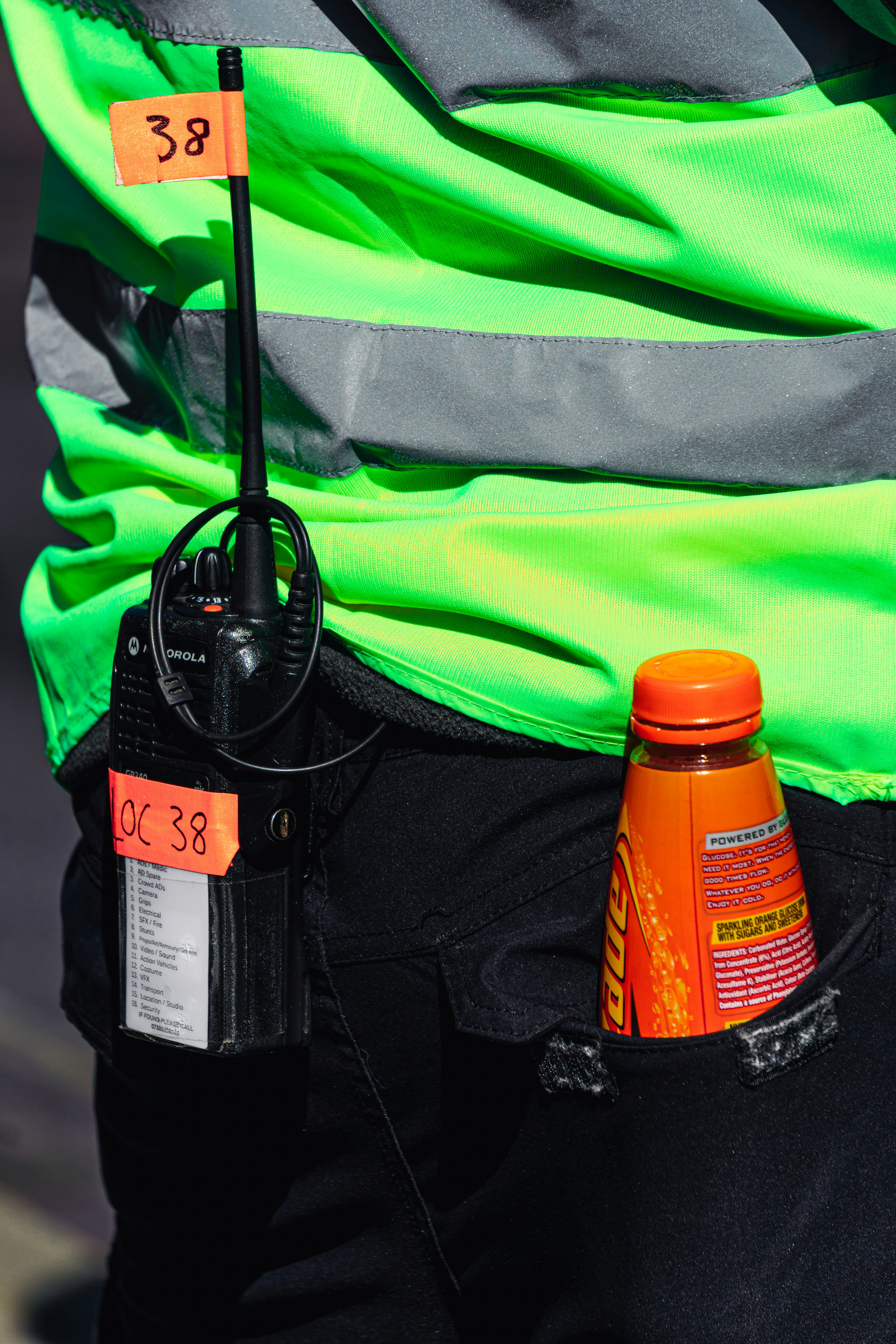The Importance of Communication During Hurricanes
When a hurricane strikes, the speed and accuracy of communication can mean the difference between safety and disaster. With the unpredictable nature of these storms, it’s crucial to have reliable emergency communication strategies in place. Whether you’re a resident, business owner, or emergency responder, understanding the best practices can help save lives and minimize damage.
Building a Multi-Layered Communication Plan
A robust communication plan should incorporate multiple channels to ensure that messages are received, even if some networks fail. Here are the essential components:
- Local Alert Systems: Many communities have emergency alert systems that can send notifications directly to your phone. Ensure you’re signed up for these alerts through your local emergency management agency.
- Social Media: Platforms like Twitter and Facebook are valuable for real-time updates. Follow official accounts such as the Federal Emergency Management Agency (FEMA) for accurate information.
- Radio and Television: Traditional media outlets remain reliable, especially in areas where internet connectivity may be compromised.
- Text Messaging: In the event of network congestion, SMS messages can often get through when calls cannot. Have a list of critical contacts saved and ready to go.
Utilizing Technology for Effective Communication
Advancements in technology have introduced new tools for emergency communication:
- Emergency Apps: Apps like FEMA’s or the Red Cross’ can provide real-time updates, shelter locations, and tips for staying safe.
- Satellite Phones: For areas prone to frequent hurricanes, investing in a satellite phone can ensure you stay connected even when other networks fail.
- Community Networks: Platforms like Nextdoor can help local residents share information and resources in real time.
Case Study: Effective Use of Social Media During Hurricane Irma
During Hurricane Irma, social media played a pivotal role in keeping residents informed. Local government agencies used Twitter to issue evacuation orders and updates on storm progress. Facebook was used for live broadcasts from officials, providing real-time information and answering community questions. This multi-faceted approach helped reduce panic and ensure timely responses.
Personal Preparation Tips
Individual preparedness is just as important as community-wide efforts. Here are some tips to ensure you stay informed:
- Create a Communication Plan: Decide in advance how you will communicate with family members and have a backup plan in case primary methods fail.
- Keep Devices Charged: Ensure that all phones, tablets, and other communication devices are fully charged before the storm hits. Consider investing in portable chargers or a generator.
- Stay Informed: Continuously monitor multiple sources of information. Be wary of misinformation and rely on verified sources.
For Businesses: Ensuring Continuity Through Communication
Businesses also need to maintain communication during hurricanes to ensure continuity and safety:
- Employee Communication Plans: Have a system in place to check in with employees. This can be done through group texts, emails, or a dedicated emergency hotline.
- Customer Updates: Keep your customers informed about the status of your operations via your website, email newsletters, and social media channels.
- Backup Systems: Ensure all critical data and communication systems have backups to prevent loss of information.
Ensuring Community-Wide Preparedness
Community engagement is crucial for effective hurricane preparedness and response. Organizations like HelpNow offer training courses and resources to help communities develop and implement robust communication strategies. Collaboration with local governments, businesses, and residents can significantly improve overall readiness.
Conclusion
Effective emergency communication strategies are vital during hurricanes to ensure safety and minimize damage. By preparing in advance, leveraging technology, and fostering community collaboration, we can enhance our ability to respond swiftly and effectively to these natural disasters.
Stay informed, stay connected, and stay safe. For more resources and training opportunities, visit HelpNow or check out our blog for the latest updates and tips.

